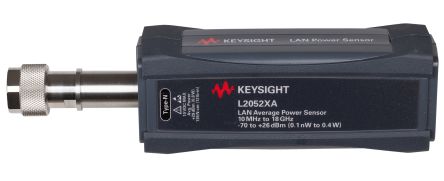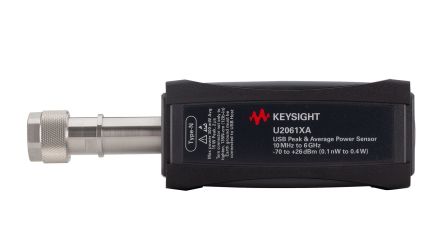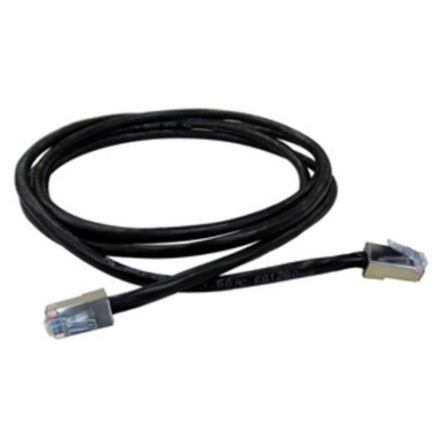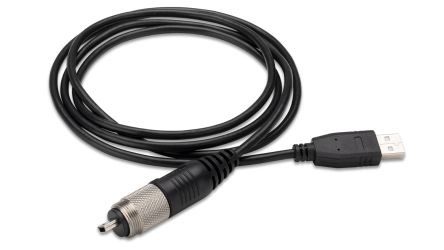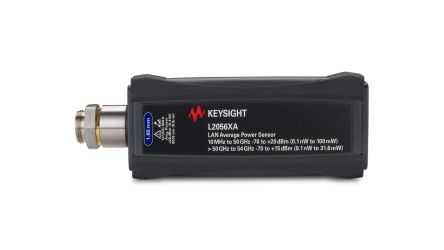- Automation & Control Gear
- Cables & Wires
- Enclosures & Server Racks
- Fuses & Circuit Breakers
- HVAC, Fans & Thermal Management
- Lighting
- Relays & Signal Conditioning
- Switches
- Batteries & Chargers
- Connectors
- Displays & Optoelectronics
- ESD Control, Cleanroom & PCB Prototyping
- Passive Components
- Power Supplies & Transformers
- Raspberry Pi, Arduino, ROCK, STEM Education & Development Tools
- Semiconductors
RF Detectors
What is an RF Detector?
An RF detector monitors or samples the output of an RF circuit and develops a dc output voltage proportional to the power at that point. RF power, rather than voltage is the primary measure of a wireless signal. In a receiver, signal strength is a key factor in maintain reliable communications.
RF detectors are used primarily to measure and control RF power in wireless systems.
Different types of RF Detectors
There are two basic types
• Logarithmic type: converts the input RF power into a dc voltage proportional to the log of the input
• RMS type: creates a dc output proportional to the RMS value of the signal
Selecting the right RF detector
The type of RF signal to be measured is the most important determining factor in the type of detector to use. For most general power measurement and control applications, the log type is the most useful. For pulsed RF signals, the log type is also best because of the fast response times available. Applications where the signal has a high or varying crest factor (measure of a waveform, ratio of the peak values to RMS value of the signal) the RMS type is better.
Applications include
• Transmit/Receive Power Measurement
• Input Protection
• Return Loss Measurement
• RF Pulse Detection
• Precise RF Power Measurement in Test and Measurement
• Materials Analysis
• Healthcare
• Security systems
• Traffic management
RF detectors are an ideal tool for the measurement of radio frequency (RF) signals as they locate all RF signals.
